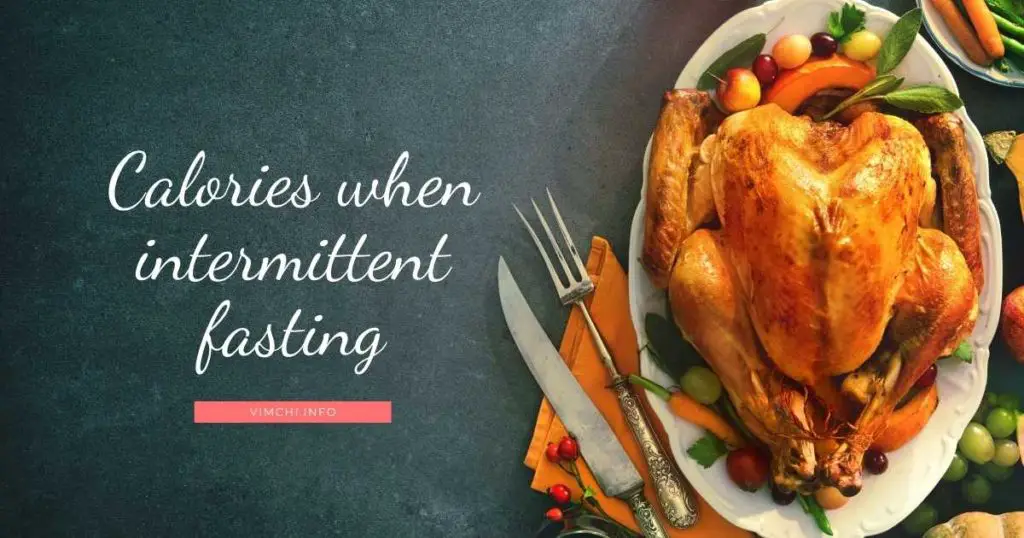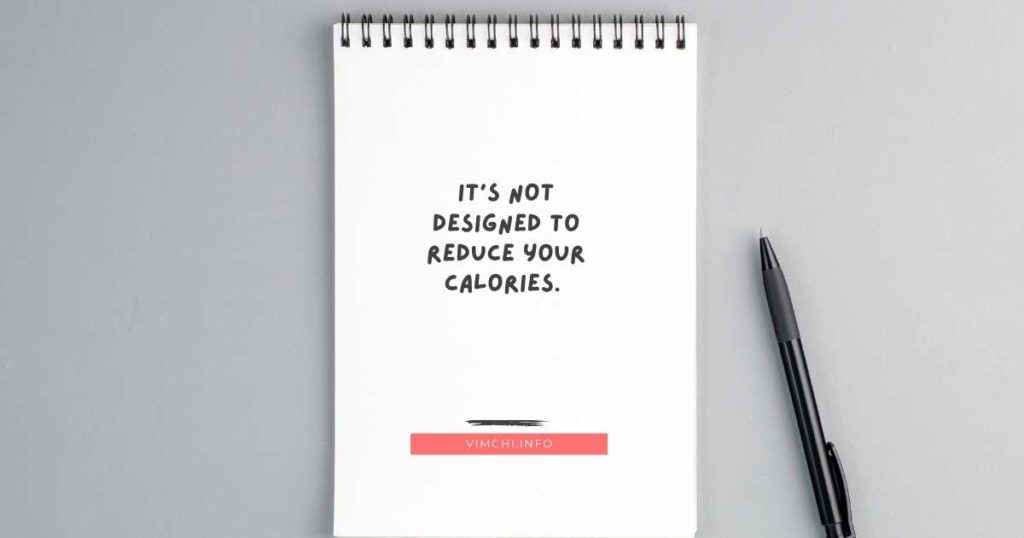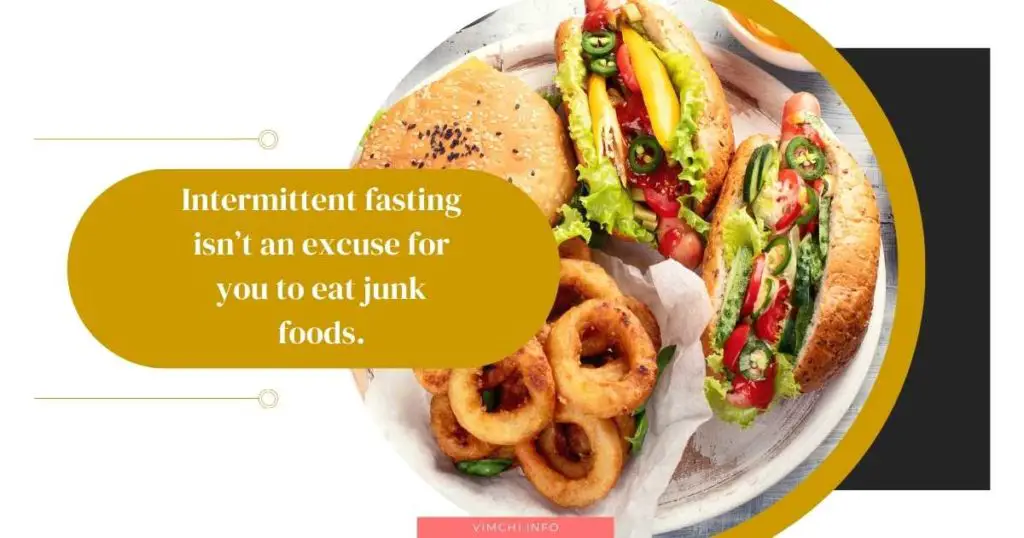
Can you have any calories while intermittent fasting? This question has come up several times a day from individuals who wish to start this type of eating plan.
Let’s dive in to find out the answer.
What is OMAD Intermittent Fasting?
Can You Have Any Calories While Intermittent Fasting?
The concept of intermittent fasting is straightforward. You don’t eat for certain hours each day and consume foods during feeding time.
Thus, while in the fasting period, you can’t eat or drink anything. Even though some experts recommend drinking tea, black coffee, and other low-calorie food, you may want to go by the book.
It means that no beverages or low-calorie foods. You can only drink water.
Why Follow Intermittent Fasting?
This eating plan has been proven to work in weight loss. It improves blood sugar control and cholesterol level. This study suggests “that intermittent fasting regimens may be a promising approach to losing weight and improving metabolic health for people who can safely tolerate intervals of not eating, or eating very little, for certain hours of the day, night, or days of the week.”
How Many Calories Can You Eat When Intermittent Fasting?

You must avoid any calories when intermittent fasting. The only time you should eat is during the feeding period.
During your feeding window, there are no rules about what and how much you must be eating to break your fast. Some can eat as many calories as they can.
This is the beauty of the diet. It’s not designed to reduce your calories.
However, if your goal is to lose weight, you need to be counting the calories you consume. Calories matter a lot when intermittent fasting for weight loss.
You can try the intermittent fasting and eat anything you want during the feeding time. Find out what result you can get.
In my case, though, I didn’t lose weight. But I didn’t gain weight either.
When I tried counting calories and ensured that I only ate the recommended daily calories to help me lose weight, I did shed some pounds.
It’s really up to you how you wish to follow this type of eating plan.
- Experiment a bit.
- Find out how your body reacts if you eat any calories.
Do you lose weight? Or did you gain weight?
In most cases, though, you will gain weight if you eat more calories than your body burns. Thus, if you eat a lot of calories in a day and you go beyond your recommended daily calorie intake to lose weight, you’ll surely gain weight.
In other words, don’t expect to lose weight through intermittent fasting if you eat 3,000 calories during your feeding window.
Calorie Needs on Intermittent Fasting
They are the same as other diet plans. The daily calorie intake will also differ based on your current weight, gender, goal weight, and activity level. Thus, if you are not active, you need to significantly reduce your calorie intake if you wish to lose some pounds.
Eat Whole Foods

Intermittent fasting isn’t an excuse for you to eat junk foods. Whether you’re doing the 16:8 method or OMAD, you must still focus on eating whole foods. They are not highly processed foods.
Thus, if you wish to lose weight with intermittent fasting, you need to stick to fruits and vegetables, lean protein, and whole grains. You should also limit sugar and refined carbohydrate intake.
Occasionally, though, you can eat cakes, sweet chocolate, and the like.
Eventually, your body will get the hang of this eating pattern. When that happens, you can stop craving ultra-processed food. Instead, you’ll crave whole-dense options.
Give yourself a month and find out how your body responds to this type of eating plan. Notice your cravings. Have they changed?
For most individuals, intermittent fasting has taught them how to properly respond to satiety and hunger signals. When your body learns to only eat when you’re hungry, you might not need to follow intermittent fasting anymore. It’s very freeing.
Is a 14-Hour Fast Enough to Meet Your Goal?
It’s one of the most common forms of intermittent fasting. With a 14/10 intermittent fasting, you need to abstain from eating for 14 hours and have a feeding window of 10 hours.
For many, 14/10 doesn’t give them enough time to achieve autophagy. Autophagy is a natural mechanism that allows cells to get rid of unnecessary components in the cell. It maintains homeostasis in the cell.
According to medicine.Net, “the process actually helps clean up harmful material inside the cells and rejuvenates them. Autophagy may completely destroy damaged molecules, or recycle them into new components which can be used for cellular repair.”
Significant autophagy can take up to four days of fasting. But there are no conclusive studies on humans to know the optimal time of fasting to reach autophagy.
Summary
Can you have any calories while intermittent fasting? You must avoid eating or drinking during the fasting period. But you can eat anything during the eating window. But then again, if your goal is to lose weight, you should still be mindful of the calories you eat.
If you’re wondering what nutrients you should be eating in an OMAD diet, find out here.
Speak Now ... Or Forever Hold Your Peace